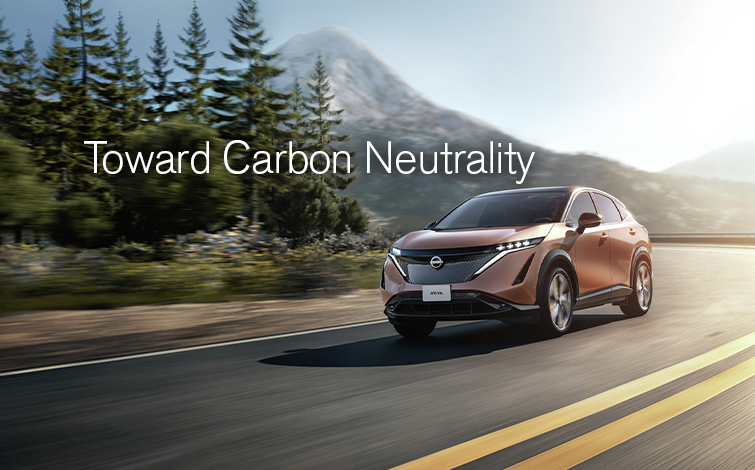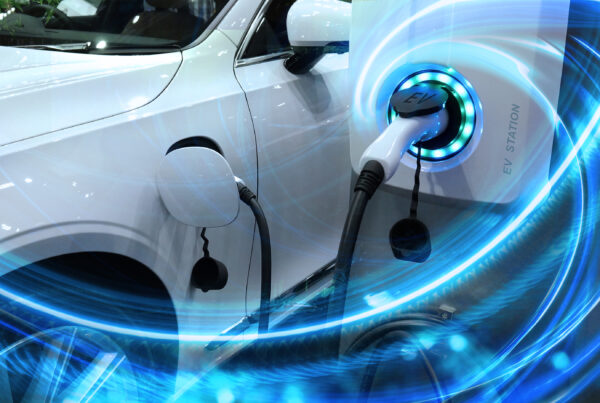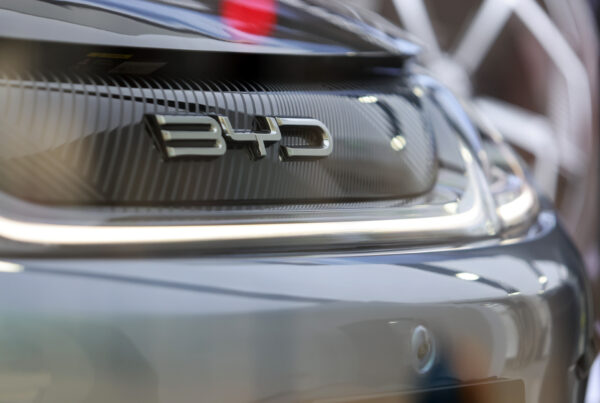Nissan has set the goal to achieve carbon neutrality across the company’s operations and the life cycle of its products by 2050.
As part of this effort, by the early 2030s every all-new Nissan vehicle offering in key markets will be electrified.
The company famously introduced the world’s first mass-market electric car, the Nissan LEAF, and has sold more than 500,000 of the zero-emission vehicle to date.
“We’re determined to help create a carbon neutral society and accelerate the global effort against climate change,” said Nissan CEO Makoto Uchida.
“Our offering in electrified vehicles will continue to expand around the world, and this will make a major contribution to Nissan becoming carbon neutral. We will continue to drive innovation that enriches people’s lives as we pursue a sustainable future for all.”
Nissan will pursue further innovations in electrification and manufacturing technology to make progress on the company’s carbon neutrality goal in the following strategic areas:
- Battery innovations including solid-state and related technologies to develop cost-competitive and more efficient electric vehicles;
- Further development of Nissan’s e-POWER electrified powertrains to achieve greater energy efficiency;
- Development of a battery ecosystem to support decentralized, onsite power generation for buildings with renewable energy sources. Nissan anticipates increased collaboration with the energy sector to support the decarbonization of power grids;
- Manufacturing process innovations to support higher productivity in vehicle assembly, starting with the Nissan Intelligent Factory initiative. The company will also strive for greater energy and material efficiencies to support longer-term carbon neutrality ambitions.
Nissan’s goal builds on its decades-long programs to reduce emissions and provide electric vehicle technologies that benefit the environment and society. The company’s electrification and emissions reduction efforts support the aims of the U.N. Paris Agreement on climate change and global progress toward carbon neutrality by 2050.


















